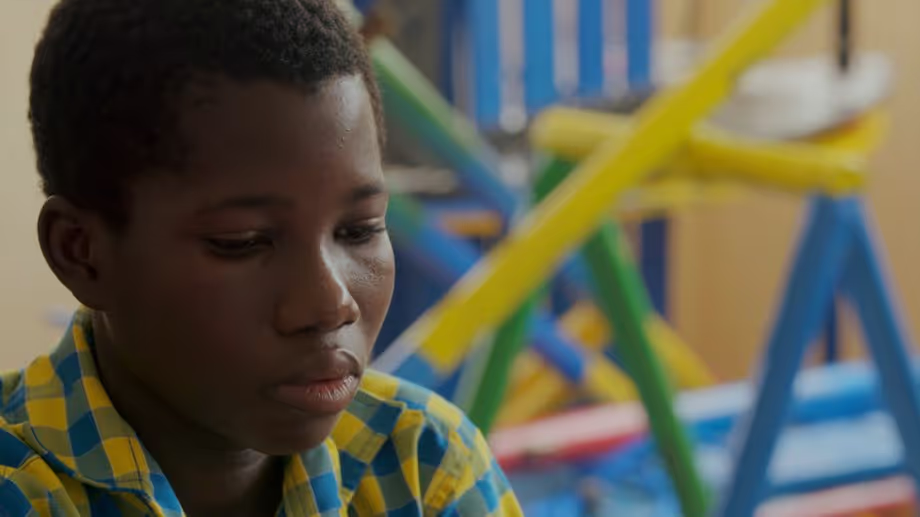The Rescue List: Delver Deeper Reading List
Adult Nonfiction

In a rehabilitation shelter in Ghana, two children are recovering from enslavement to fishermen. But their story takes an unexpected turn when their rescuer embarks on another mission and asks the children for help. Charting the unfolding drama, The Rescue List tells a moving story of friendship and courage—transcending tropes of victimhood and illustrating what it means to love and survive.
Bales, Kevin. Disposable People: New Slavery in the Global Economy. University of California Press, 2012.
Slavery is illegal throughout the world, yet more than twenty-seven million people are still trapped in one of history's oldest social institutions. Kevin Bales's disturbing story of slavery today reaches from brick kilns in Pakistan and brothels in Thailand to the offices of multinational corporations. His investigation of conditions in Mauritania, Brazil, Thailand, Pakistan, and India reveals the tragic emergence of a "new slavery," one intricately linked to the global economy. The new slaves are not a long-term investment as was true with older forms of slavery, explains Bales. Instead, they are cheap, require little care, and are disposable.
Konadu, Kwasi and Clifford C. Campbell. The Ghana Reader: History, Culture, Politics. Duke University Press, 2016.
Covering 500 years of Ghana's history, The Ghana Reader provides a multitude of historical, political, and cultural perspectives on this iconic African nation. Whether discussing the Asante kingdom and the Gold Coast's importance to European commerce and transatlantic slaving, Ghana's brief period under British colonial rule, or the emergence of its modern democracy, the volume's eighty selections emphasize Ghana's enormous symbolic and pragmatic value to global relations. They also demonstrate that the path to fully understanding Ghana requires acknowledging its ethnic and cultural diversity and listening to its population's varied voices.
Lawrance, Benjamin N. and Richard L. Roberts. Trafficking in Slavery’s Wake: Law and the Experience of Women and Children in Africa. Ohio University Press, 2012.
This important collection examines the ways trafficking in women and children has changed from the aftermath of the “end of slavery” in Africa from the late nineteenth century to the present.
The formal abolition of the slave trade and slavery did not end the demand for servile women and children. Contemporary forms of human trafficking are deeply interwoven with their historical precursors, and scholars and activists need to be informed about the long history of trafficking in order to better assess and confront its contemporary forms.
Okeowo, Alexis. A Moonless, Starless Sky: Ordinary Women and Men Fighting Extremism in Africa. Hachette Books, 2017.
In A Moonless, Starless Sky Okeowo weaves together four narratives that form a powerful tapestry of modern Africa: a young couple, kidnap victims of Joseph Kony's LRA; a Mauritanian waging a lonely campaign against modern-day slavery; a women's basketball team flourishing amid war-torn Somalia; and a vigilante who takes up arms against the extremist group Boko Haram. This debut book by one of America's most acclaimed young journalists illuminates the inner lives of ordinary people doing the extraordinary--lives that are too often hidden, underreported, or ignored by the rest of the world.
Polman, Linda. The Crisis Caravan: What's Wrong With Humanitarian Aid? Picador, 2011.
In her controversial, no-holds-barred exposé Linda Polman shows how a vast industry has grown up around humanitarian aid. The Crisis Caravan takes us to war zones around the globe, showing how aid operations and the humanitarian world have become a feature of military strategy. Impassioned, gripping, and even darkly absurd, journalist Linda Polman "gives some powerful examples of unconscionable assistance...a world where aid workers have become enablers of the atrocities they seek to relieve" (The Boston Globe).
